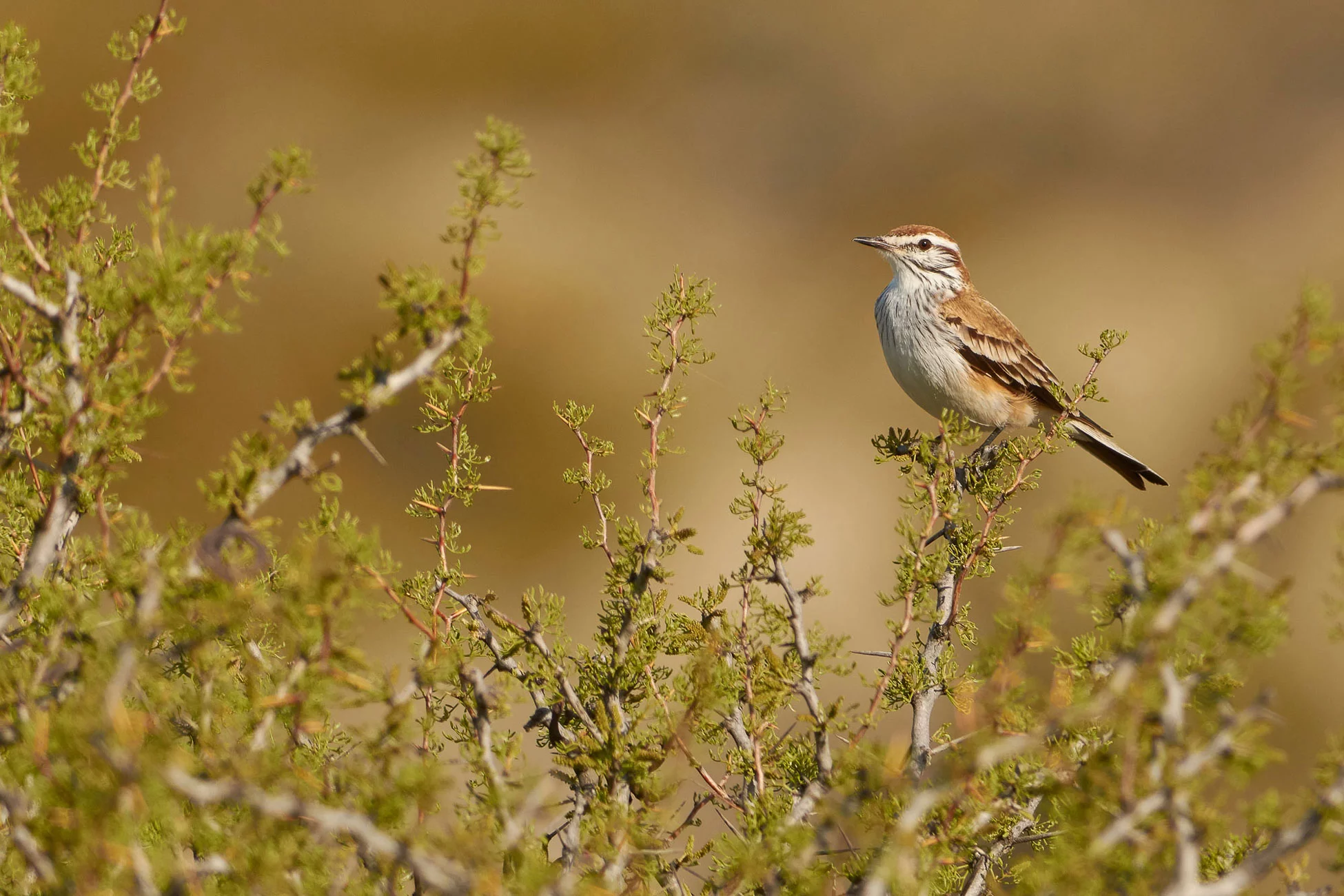Order: Charadriiformes
Family: Scolopacidae
The Semipalmated Sandpiper is a small, energetic shorebird recognized by its short, straight bill and partially webbed toes. In Patagonia, it appears as a non-breeding migrant, often seen in flocks along mudflats and sandy shores. Its plumage is mostly gray-brown above and white below, with subtle streaking. This species is famous for its long-distance migration, covering thousands of kilometers between Arctic breeding grounds and South American wintering sites. During migration, it relies on rich coastal habitats to refuel, making stopovers in Patagonia vital for its survival. The Semipalmated Sandpiper is a social bird, frequently foraging in groups and displaying rapid, darting movements as it searches for food. Its populations are vulnerable to habitat loss along migratory routes, highlighting the importance of conserving coastal wetlands throughout the Americas.
Habitat
Coastal mudflats, sandy beaches, estuaries, and shallow lagoons during migration and winter.
Foraging
Probes wet sand and mud for small invertebrates, often feeding in flocks with quick, active movements.


